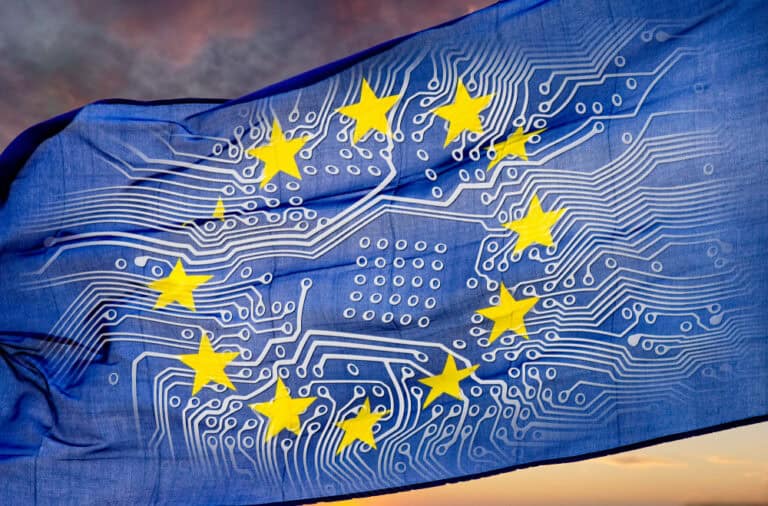All 27 EU member states have signed the Semicon Coalition’s declaration for a revised Chips Act 2.0. Dutch Minister Vincent Karremans presented the declaration to the European Commission in Brussels today, outlining five priorities for strengthening the semiconductor industry.
In March, the Semicon Coalition was initiated by the Netherlands together with eight other EU countries: Austria, Belgium, Finland, France, Germany, Italy, Poland, and Spain. Today, during a meeting in Brussels before the EU Competitiveness Council, all other EU ministers decided to join the initiative.
This broad support shows the urgency of the semiconductor issue. After all, semiconductors form the basis of technologies that will determine Europe’s future prosperity, from artificial intelligence to critical infrastructure and defense.
More than fifty established European and international semiconductor entities have already endorsed the declaration, highlighting the consensus between industry and governments. This joint approach is building momentum for the revision of the EU Chips Act, which will focus on end markets when defining the bloc’s next strategic objectives.
Five strategic priorities
The signed declaration sets out five concrete priorities for the new approach. First, it aims to strengthen the semiconductor ecosystem through more intensive cooperation between industry, research, SMEs, and startups.
Additionally, the investment approach needs to be adjusted. EU funding and national funds must be better aligned, approvals for strategic projects accelerated, and private capital mobilized.
The third priority focuses on skills by building a robust European talent pipeline for semiconductor technologies. Sustainability is the fourth pillar, with an emphasis on energy-efficient and circular semiconductor production.
Ultimately, the goal is to enhance international cooperation and collaborate with like-minded global partners, while preserving European strategic autonomy.
Minister Karremans’ vision for the future
During the handover, Minister Vincent Karremans of Economic Affairs emphasized: “Europe’s industrial strategy should adapt to the increasing geopolitical tensions in the world. This unique unity is a landmark step forward in securing future strategic autonomy and broad prosperity.”
According to Karremans, the joint strategy underscores the need to increase production capacity, invest in advanced research, and develop a skilled workforce across the EU. “Europe is ready to meet the growing demands in AI, automotive, energy, and defense.”
Lessons from Chips Act 1.0
The new coalition builds on experiences with the current European Chips Act of 2023. The law aimed to double the European market share in chip production from 10 to 20 percent, but was criticized for its slow procedures and limited funding of €43 billion.
The new approach should be more focused and offer faster action. By uniting all 27 member states, a broader basis for strategic investment and coordination of European semiconductor policy will be created.
